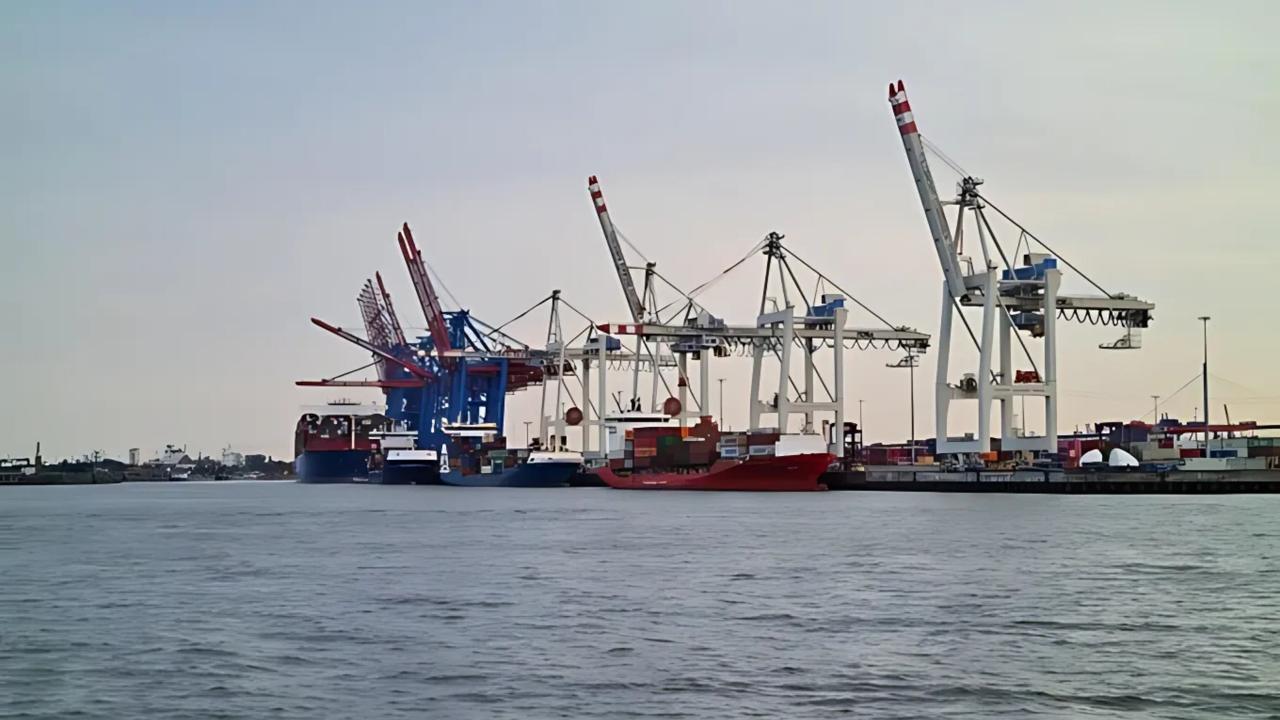
Post by : Amit
Photo : X / Offshore Energy - Alternative Fuels
Maersk’s CAX Service Aims to Redefine Transatlantic Trade Routes
Global shipping giant Maersk has officially launched its new Caribbean Express (CAX) service, aimed at linking critical ports across the Caribbean with prominent logistics hubs in Northern Europe. The company’s latest addition to its portfolio of intercontinental routes marks a renewed push to optimize trade flow efficiency, enhance schedule reliability, and capitalize on shifting regional demands, especially in the wake of supply chain disruptions and growing nearshoring strategies.
The CAX service, operational from mid-July 2025, is poised to become a vital artery for high-frequency, containerized trade between the Americas and Europe. At its core, the service reflects Maersk’s commitment to responsive, decarbonized, and digitized maritime logistics—areas increasingly demanded by global shippers navigating the challenges of global uncertainty.
A Strategic Reconfiguration of Global Shipping Lanes
Maersk’s Caribbean Express is more than just a route—it is a deliberate reconfiguration of supply chain logic. With direct sailings that connect key Caribbean ports like Caucedo (Dominican Republic) and Manzanillo (Panama) to essential Northern European hubs like Bremerhaven (Germany) and Rotterdam (Netherlands), the service fills a gap that had long relied on transshipment or slower, less reliable feeder networks.
The CAX will operate on a fixed weekly schedule, offering increased predictability that benefits industries such as automotive, pharmaceuticals, textiles, and food products—many of which have time-sensitive or cold chain requirements.
According to Maersk’s official statement, “This service is designed to provide an optimized supply chain option for our customers trading between these regions. It reduces complexity, improves lead time, and offers greater flexibility amid rising global volatility.”
The inaugural CAX service rotation covers the following port sequence:
Caucedo (DO) – Manzanillo (PA) – Cartagena (CO) – Antwerp (BE) – Bremerhaven (DE) – Rotterdam (NL) – Cartagena (CO) – Manzanillo (PA) – Caucedo (DO)
The inclusion of Cartagena, Colombia—a rapidly growing port—demonstrates Maersk’s attention to trade corridors beyond traditional West Indies anchors. Meanwhile, Manzanillo in Panama, already a pivotal node thanks to the Panama Canal, gives the CAX route powerful flexibility in inter-ocean connectivity, especially for cargo destined for Latin America’s Pacific side.
Northern European ports like Rotterdam and Bremerhaven serve as intermodal giants, offering road, rail, and inland waterways for deep distribution across the EU.
Rationale Behind the Move: Demand, Diversification, and Digitization
Rising Caribbean Economic Influence
While the Caribbean region was traditionally seen as a transshipment and tourism-based economy, its manufacturing and trade base is expanding. Nearshoring trends are pushing companies to diversify away from Asian dependence, and countries like the Dominican Republic are stepping up with logistics parks, industrial zones, and free-trade agreements. By linking these economies directly with Europe, Maersk is offering shippers and producers a more efficient route to global markets.
Decarbonization and Port Modernization Synergies
Ports along the CAX route have made significant sustainability and digitization upgrades in recent years. Caucedo, operated by DP World, has incorporated automated cranes and electrified cargo handling, while Cartagena boasts smart gate systems and reduced port turnaround times. These investments align with Maersk’s goal to achieve net zero greenhouse gas emissions across its entire business by 2040. A direct Caribbean-Europe service reduces transshipment moves, which typically add emissions and costs.
A Strategic Hedge Against Geopolitical Risk
The past five years have brought immense geopolitical shocks to maritime trade—from the COVID-19 pandemic and Suez Canal blockages to Red Sea security risks and climate-induced disruptions. The CAX gives Maersk an agile, lower-risk corridor compared to routes involving heavily congested or unstable areas. It also reflects a realignment of the New Silk Road strategies, where vertical trade corridors (North-South) increasingly complement East-West dynamics.
Industry Response and Market Implications
The CAX announcement has generated immediate interest across freight forwarders, 3PLs, and commodity exporters. Latin American exporters, particularly in fresh produce, coffee, and textiles, stand to benefit from reduced transit times and better predictability into EU markets.
European retailers and pharma firms, in turn, gain faster access to suppliers operating from Caribbean and Northern Latin American facilities, which are increasingly preferred due to proximity, compliance readiness, and lower political risk.
Logistics analysts point out that Maersk’s integration of ocean freight with end-to-end visibility platforms, such as TradeLens and Twill, will allow customers to book, track, and reroute containers with improved transparency across this new service lane.
Meanwhile, rival carriers like CMA CGM and Hapag-Lloyd are also expected to respond with regional service upgrades, as the Caribbean-Europe corridor heats up.
Impacts on Ports and Infrastructure Stakeholders
While Maersk is the lead operator for the CAX service, the move indirectly supports infrastructure development and port revenue growth at all terminals along the route. For example:
Several port authorities are now considering complementary investments in cold chain capacity, bunkering stations for methanol-fueled vessels, and customs harmonization initiatives to maximize the gains from this route.
Sustainability and Innovation at the Core
Maersk has indicated that vessels assigned to the CAX route may include methanol-enabled or hybrid-powered ships in the near future, in line with the company’s decarbonization roadmap. Additionally, digital voyage optimization systems will be implemented to minimize fuel burn based on weather routing and port slot availability.
The company is also exploring the integration of green corridor agreements with port operators along the route. These agreements, modeled after Maersk’s green corridor trial between Rotterdam and Shanghai, would include incentives for using shore power, low-emission fuels, and green-certified inland logistics partners.
A Competitive Edge for the Region
Beyond environmental goals, the CAX offers hard economic benefits to regional players. By avoiding longer transshipment paths through U.S. ports or central hubs like Algeciras or Valencia, companies reduce per-container costs, customs delays, and delivery variability. This directness is critical for exporters of perishables or pharmaceuticals, where timing and traceability can make or break contracts.
The route also enhances the Caribbean’s long-term competitiveness as a logistics and value-added production zone, supporting ambitions of governments in the region to modernize their maritime sectors and integrate with global value chains.
A Route that Reflects a Changing World
The unveiling of the Caribbean Express (CAX) by Maersk signals more than just a new shipping route—it embodies the evolving logic of global trade. As businesses and governments seek reliable, greener, and geographically diverse supply chains, carriers like Maersk are stepping in with smarter solutions.
By connecting the Caribbean directly to Northern Europe through a weekly fixed service, the CAX not only shortens distances but also strengthens geopolitical and commercial ties between two dynamic regions. With sustainability, digitization, and resilience at the heart of this initiative, Maersk has once again reaffirmed its leadership in shaping the maritime transport landscape of tomorrow.
Maersk, CAX Shipping Route, Caribbean,North Europe
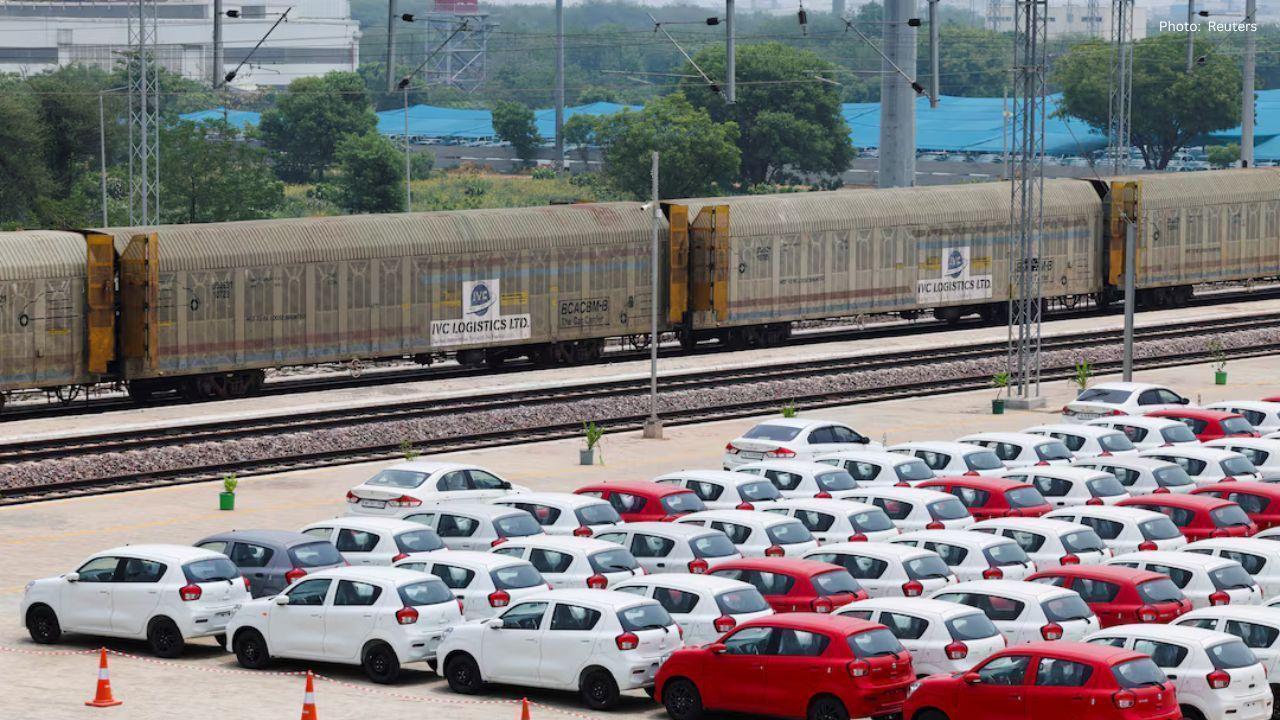
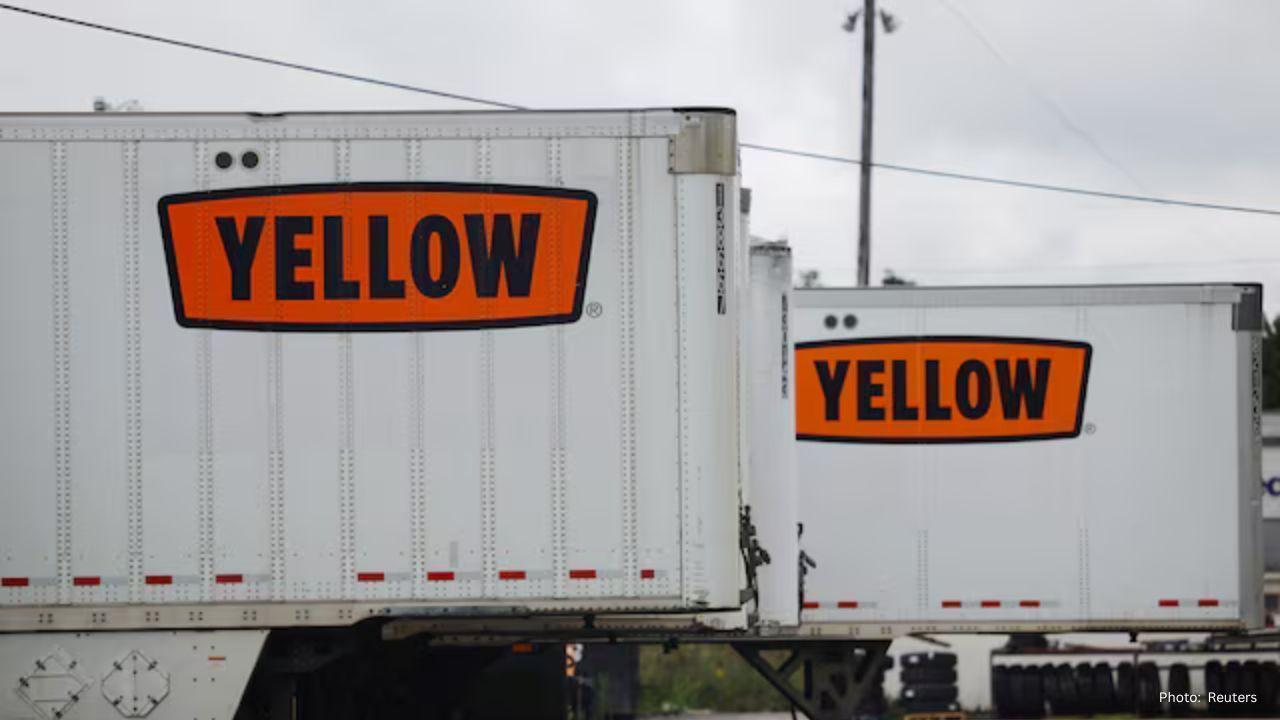
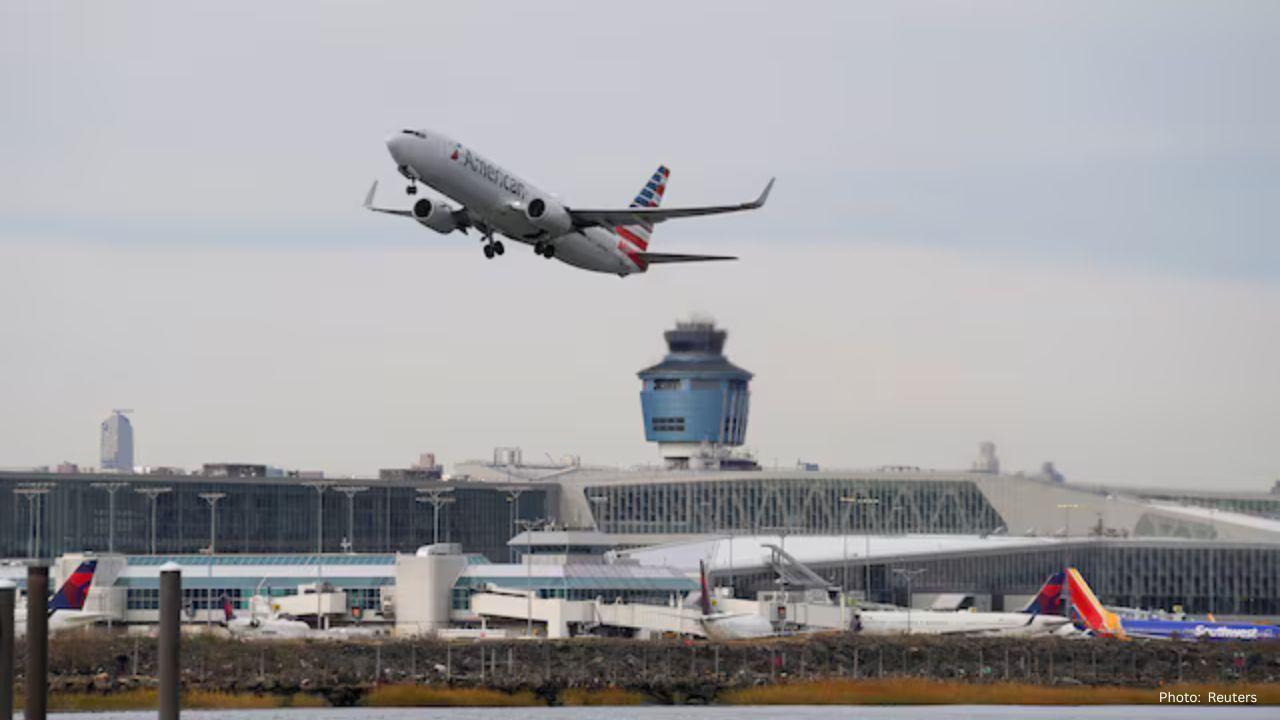
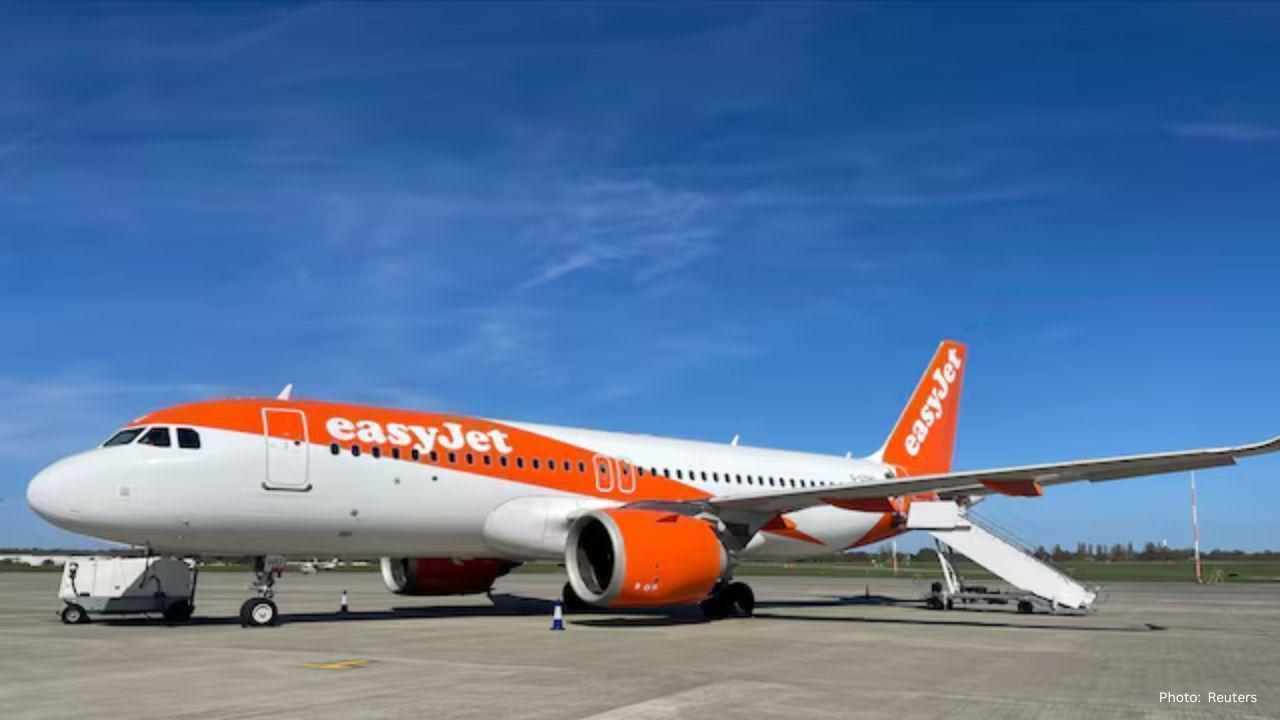
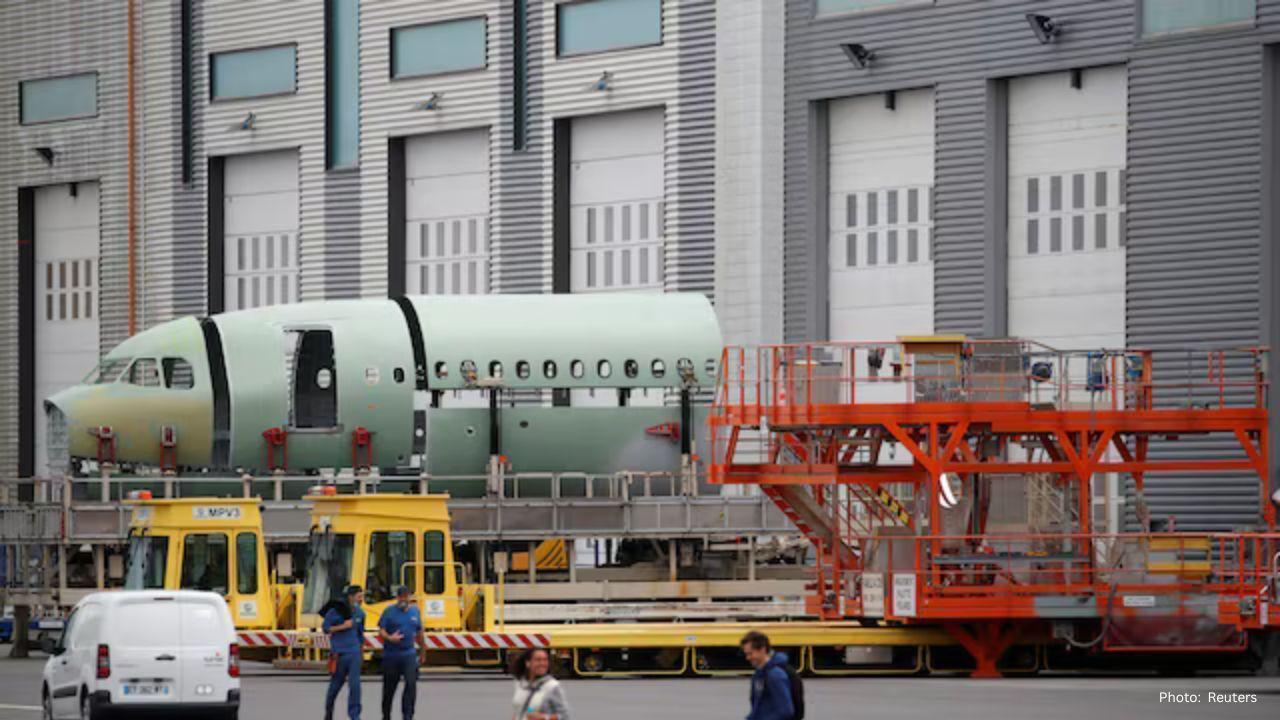
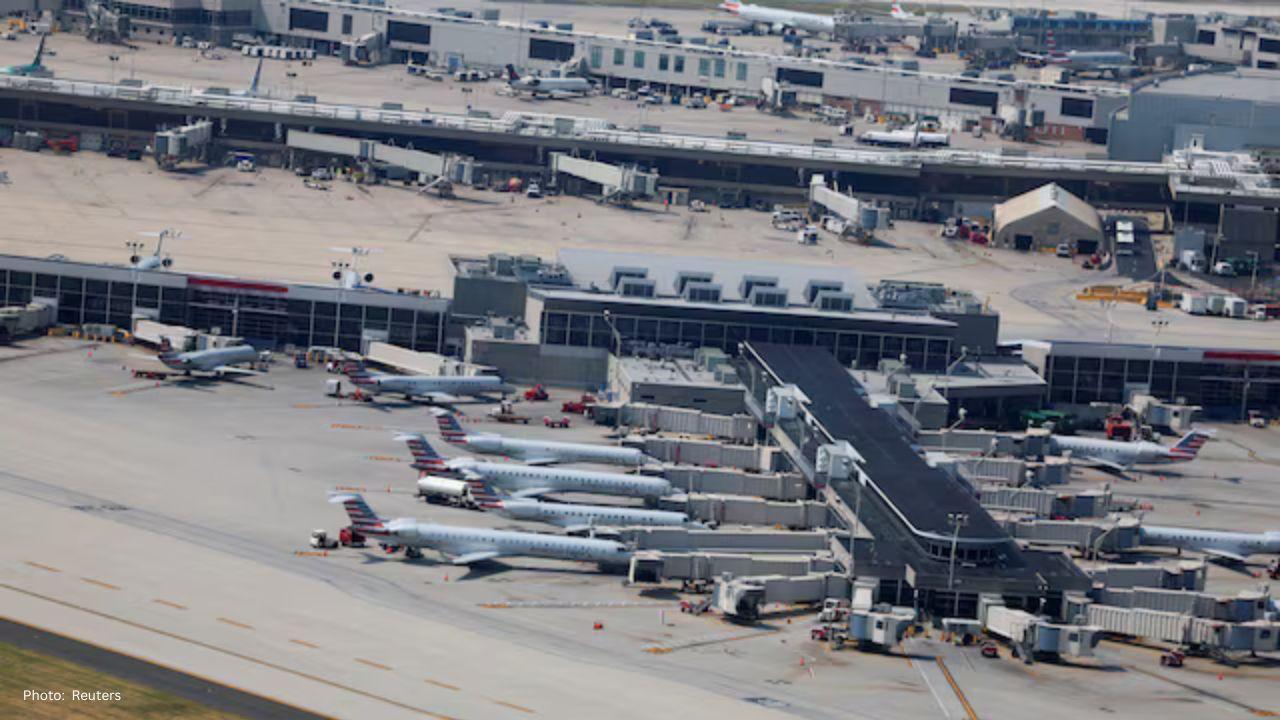


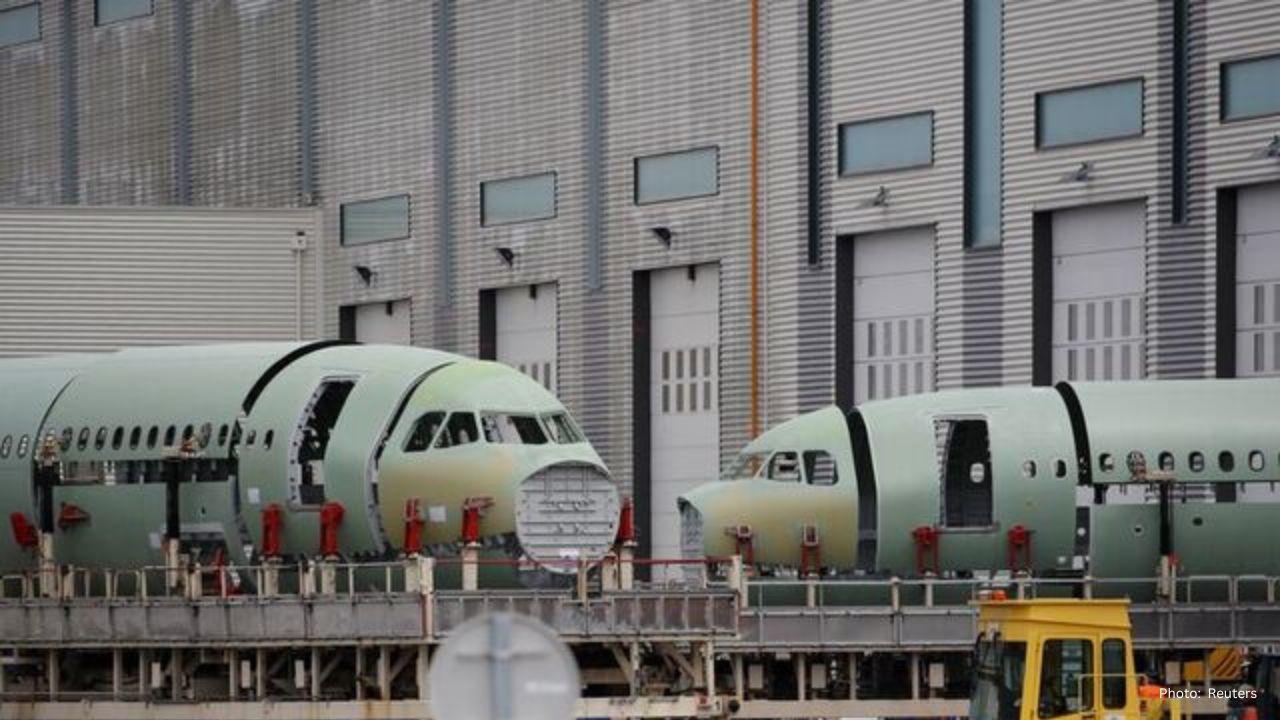

Advances in Aerospace Technology and Commercial Aviation Recovery
Insights into breakthrough aerospace technologies and commercial aviation’s recovery amid 2025 chall

Defense Modernization and Strategic Spending Trends
Explore key trends in global defense modernization and strategic military spending shaping 2025 secu

Tens of Thousands Protest in Serbia on Anniversary of Deadly Roof Collapse
Tens of thousands in Novi Sad mark a year since a deadly station roof collapse that killed 16, prote

Canada PM Carney Apologizes to Trump Over Controversial Reagan Anti-Tariff Ad
Canadian PM Mark Carney apologized to President Trump over an Ontario anti-tariff ad quoting Reagan,

The ad that stirred a hornets nest, and made Canadian PM Carney say sorry to Trump
Canadian PM Mark Carney apologizes to US President Trump after a tariff-related ad causes diplomatic

Bengaluru-Mumbai Superfast Train Approved After 30-Year Wait
Railways approves new superfast train connecting Bengaluru and Mumbai, ending a 30-year demand, easi